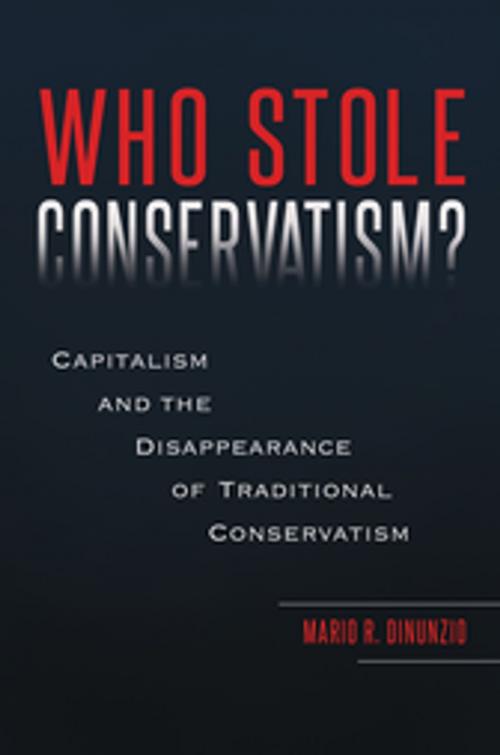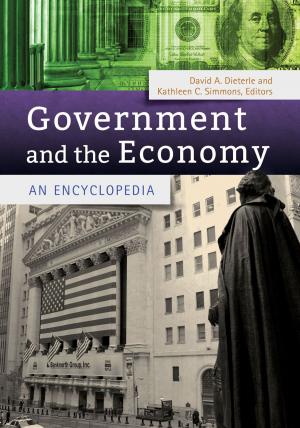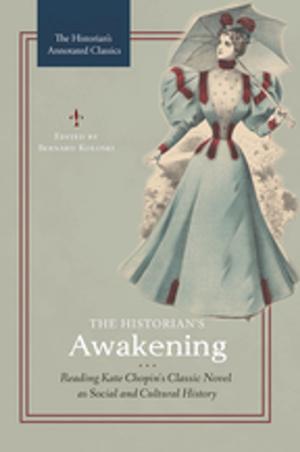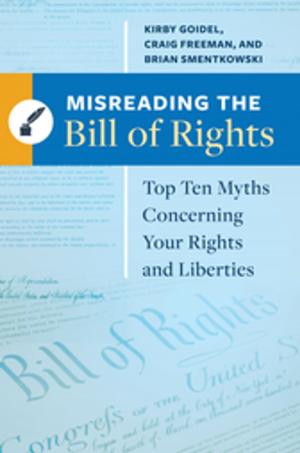Who Stole Conservatism? Capitalism And the Disappearance of Traditional Conservatism
Nonfiction, Social & Cultural Studies, Political Science| Author: | Mario R. DiNunzio | ISBN: | 9781440852831 |
| Publisher: | ABC-CLIO | Publication: | July 1, 2016 |
| Imprint: | Praeger | Language: | English |
| Author: | Mario R. DiNunzio |
| ISBN: | 9781440852831 |
| Publisher: | ABC-CLIO |
| Publication: | July 1, 2016 |
| Imprint: | Praeger |
| Language: | English |
During America's 19th-century Gilded Age, free-enterprise capitalist ideas distorted and deeply obscured traditional political conservatism. Conservatism today, argues distinguished historian Mario R. DiNunzio, is a grotesque version of the ideology crafted by its founders, including John Adams in America and Edmund Burke in England.
This compelling book provides a survey of conservative thought and its transformation that originated in the late 19th century, exposing the influence of that transformed conservatism on 20th-century American politics—from Hoover to Goldwater to Reagan and on to the Tea Party. It explains the historical foundations of conservative thought and the radical transformation of conservatism into a vastly different ideology primarily concerned with the defense of unfettered capitalism and extreme rights of individuals, as opposed to the values of traditional conservatism: community, good order, tempered change, and enduring values. DiNunzio challenges conservatives and scholars of conservatism to confront the differences between what passes for conservatism in modern-day American politics and the tenets of the original conservative tradition.
During America's 19th-century Gilded Age, free-enterprise capitalist ideas distorted and deeply obscured traditional political conservatism. Conservatism today, argues distinguished historian Mario R. DiNunzio, is a grotesque version of the ideology crafted by its founders, including John Adams in America and Edmund Burke in England.
This compelling book provides a survey of conservative thought and its transformation that originated in the late 19th century, exposing the influence of that transformed conservatism on 20th-century American politics—from Hoover to Goldwater to Reagan and on to the Tea Party. It explains the historical foundations of conservative thought and the radical transformation of conservatism into a vastly different ideology primarily concerned with the defense of unfettered capitalism and extreme rights of individuals, as opposed to the values of traditional conservatism: community, good order, tempered change, and enduring values. DiNunzio challenges conservatives and scholars of conservatism to confront the differences between what passes for conservatism in modern-day American politics and the tenets of the original conservative tradition.











![Cover of the book Celebrating Latino Folklore: An Encyclopedia of Cultural Traditions [3 volumes] by Mario R. DiNunzio](https://www.kuoky.com/images/2012/july/300x300/9780313343407-UBoX_300x.jpg)



![Cover of the book Encyclopedia of Constitutional Amendments, Proposed Amendments, and Amending Issues, 1789–2015, 4th Edition [2 volumes] by Mario R. DiNunzio](https://www.kuoky.com/images/2015/july/300x300/9781610699327-qgAj_300x.jpg)